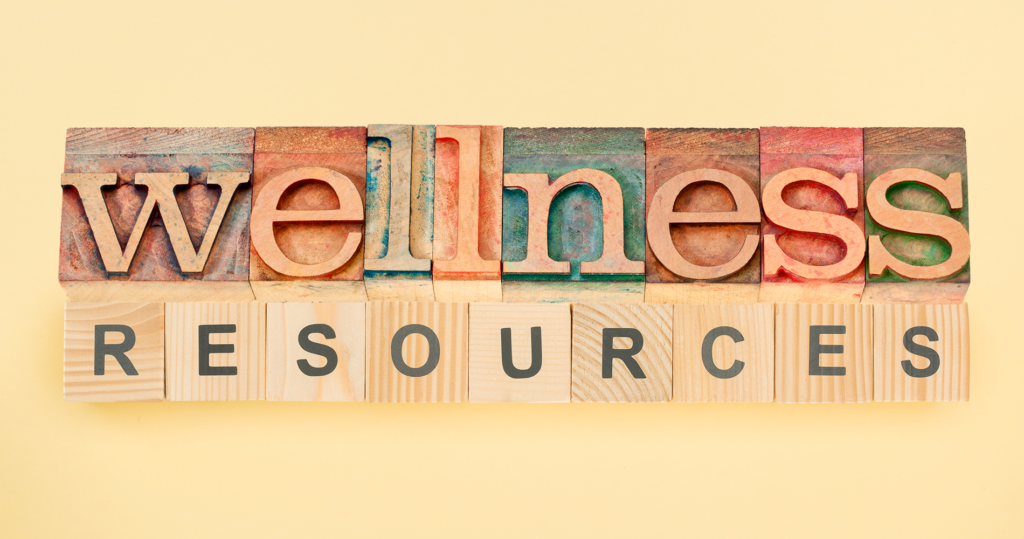
What IS a crisis?
According to NAMI.org, “A mental health crisis is any situation in which a person’s behavior puts them at risk of hurting themselves or others and/or prevents them from being able to care for themselves or function effectively in the community.” If you or someone you know finds themselves in a crisis, please, reach out to one of these resources.
Many of these resources are staffed 24/7 with trained personnel waiting to help those in need. Often times it’s not just our mental health that can cause us to be in crisis. Things such as housing, financial, and food insecurity concerns can directly contribute to our mental and physical well being. Read below to to find out more about resources that might be available to you or someone else is need.
What is NOT a crisis?
There are many situations that may feel like a crisis in the moment, if you are ever unsure do not be afraid to call. One of the more common non-crisis situations is when we suddenly find ourselves without medication. This can cause a sense of urgency and panic, and feelings of fear that our situation will destabilize if not addressed immediately. For situations like these planning ahead of time for out of town trips, vacations, and using things such as reminders for refills can reduce these events.
Only medications that are necessary to remain stable or are considered life saving will be filled after hours. A few examples of potentially qualifying medications are antipsychotics, diabetes medications, and medications for blood pressure. Generally as needed or “PRN” controlled substances do not qualify. If you do call and the answering service screens and identifies that they are urgent, but not emergent, they will be filled the next business day. Feel free to reach out if you have any questions.
Crisis Resources
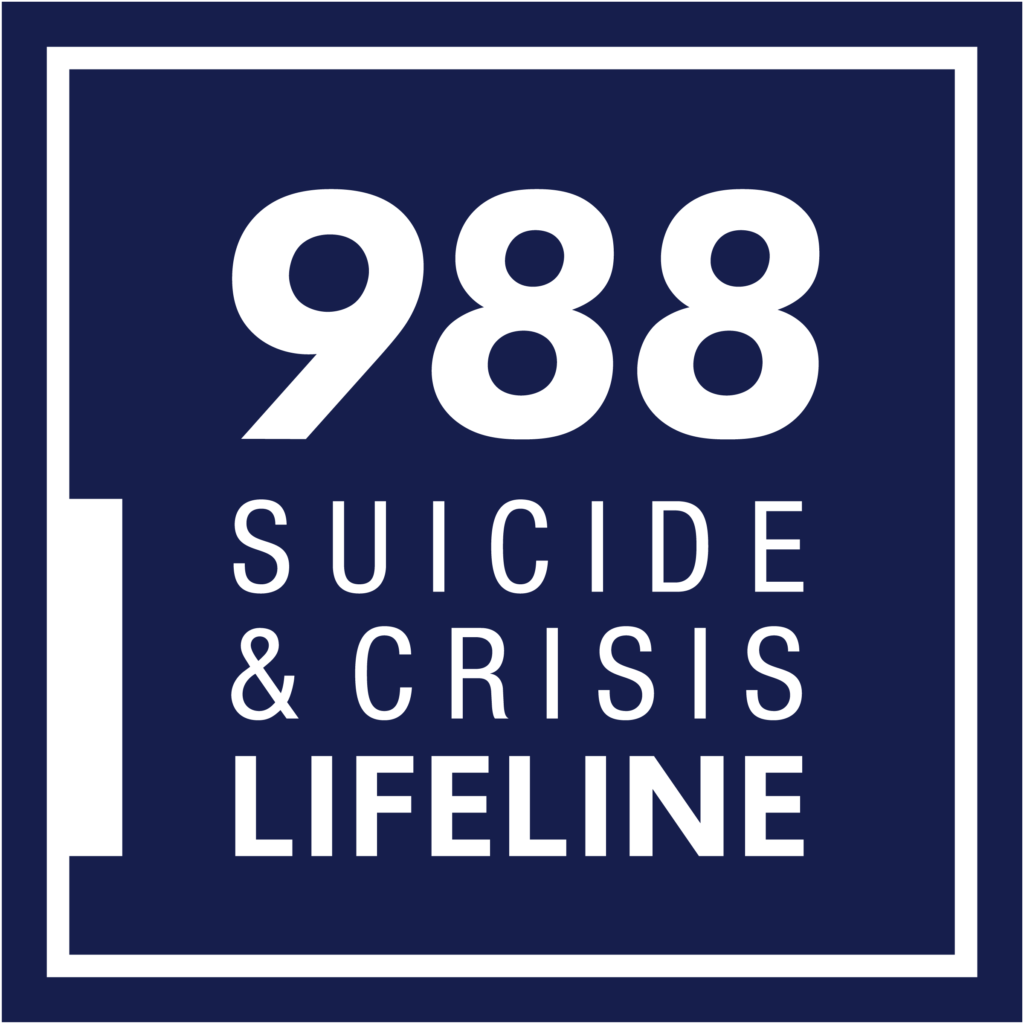
988 The National Suicide & Crisis Lifeline
The 988 Suicide & Crisis Lifeline (formerly known as the National Suicide Prevention Lifeline) provides free and confidential emotional support to people in suicidal crisis or emotional distress 24 hours a day, 7 days a week, across the United States. The Lifeline is comprised of a national network of over 200 local crisis centers, combining custom local care and resources with national standards and best practices.
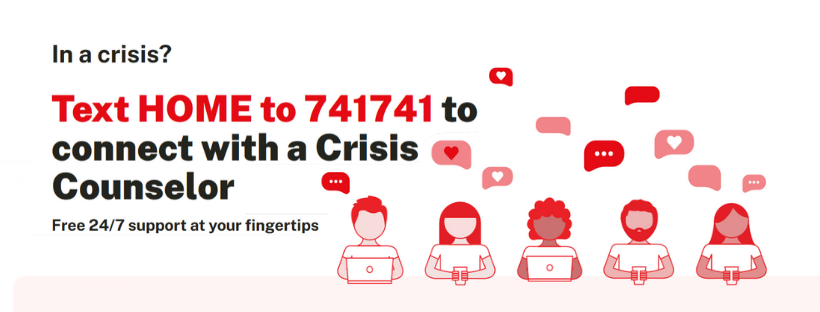
national Crisis Text Line
Text HOME to 741741 from anywhere in the United States, anytime. Crisis Text Line is here for any crisis. A live, trained Crisis Counselor receives the text and responds, all from our secure online platform. The volunteer Crisis Counselor will help you move from a hot moment to a cool moment.
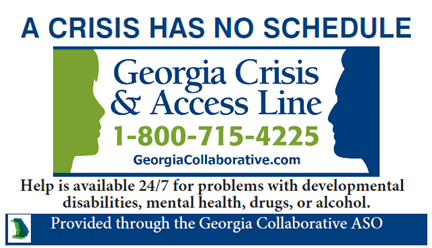
Georgia Crisis & access Line
Georgia offers a statewide toll-free call center for consumers to access services. The call center operates 24/7 and has the capacity to screen and assess callers for intensity of service response. They can handle emergency, crisis, and less severe situations. They also have access to helping locate local resources.
You can call directly or download the GCAL app from the Android and Apple store for mobile devices.
Housing Resources
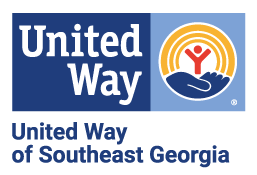
211 - United Way
United Way brings people together to build strong, equitable communities where everyone can thrive. As one of the world’s largest privately funded charities, we serve 95% of U.S. communities and 37 countries and territories — making life better for 48 million people every year. Through United Way, communities tackle tough challenges and work with private, public, and nonprofit partners to boost education, economic mobility, and health resources.
Utilizing 211 or clicking the link below can help put you in touch with a network of charity driven resources to help you overcome challenges you may be facing.
Insurance Resources
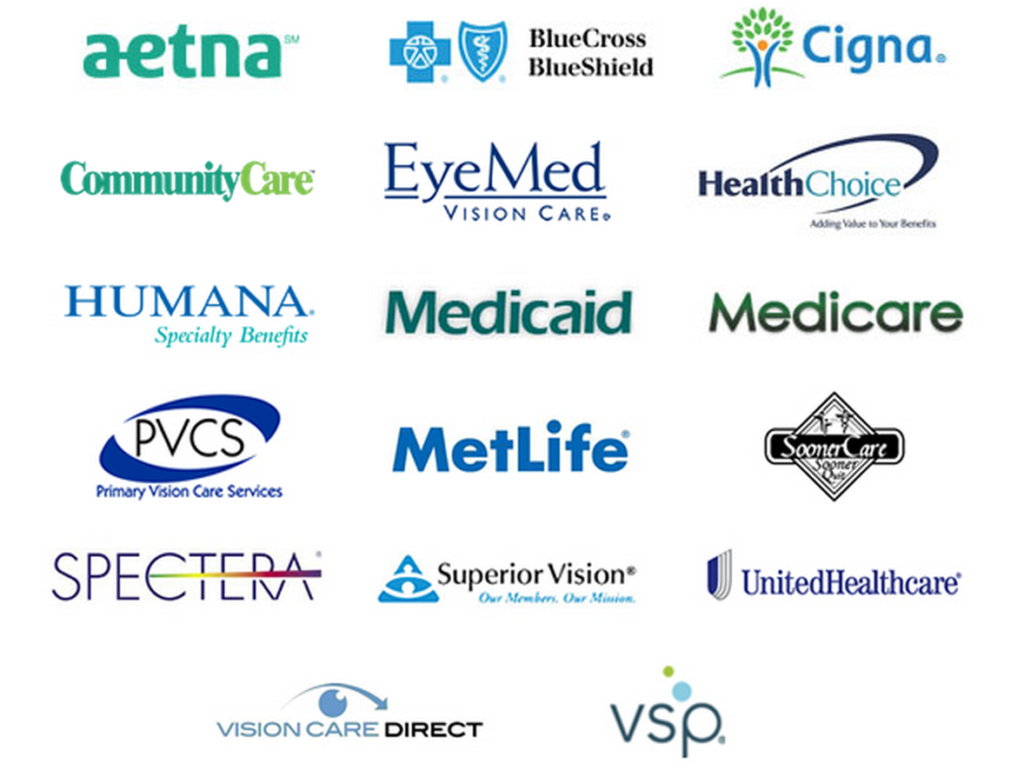
Insurance resources
Reaching out to your local health department or community mental health center can help with finding affordable health insurance or coverage. There is also the federal insurance marketplace that can help with acquiring a plan that is right for you.
If you have insurance and are struggling to find in-network care, have billing issues, or maybe even have more doctor visits than you’d like. Contacting your insurance and asking for a case manager and help with navigating those situations.
Misc. Resources
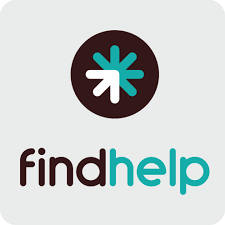
FindHelp.org
Findhelp.org is search engine designed to help search and connect with support for financial assistance, food pantries, medical care, and other free and reduced cost services.
